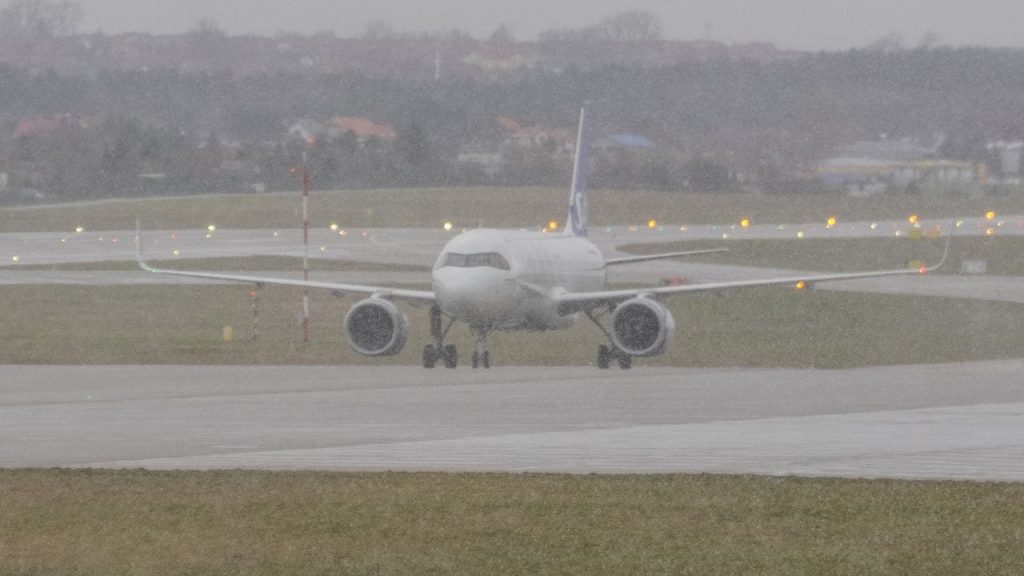Aircraft flying over the Baltic region have been experiencing an increase in missing or fake Global Positioning System (GPS) signals, with concerns being raised that Russia may be to blame. More than 1,600 aircraft, including civilian aircraft, encountered GPS jamming within a short period, mainly around Russia’s Kaliningrad exclave. This area, located between NATO members Poland and Lithuania, is a key military location for Moscow. GPS jamming has been occurring regularly since the start of the war in Ukraine in 2022.
The EU Aviation Safety Agency (EASA) is investigating the issue of GPS interference but has stated that it does not pose a danger to flights at this time. Reports of interference have been steadily increasing since January 2022, with the European Organization for the Safety of Air Navigation (Eurocontrol) receiving 985 GPS outages during January and February, compared to 1,371 for the whole of 2023. Russia is known to possess significant electronic warfare (EW) resources in Kaliningrad.
Russian armed forces are reported to have military equipment dedicated to interfering with Global Navigation Satellite Systems (GNSS), including jamming and spoofing, with different distances, durations, and intensities. The president of the U.S.-based Resilient Navigation and Timing Foundation, Dana Goward, has highlighted the real threat posed by Russia targeting aircraft with such technology, citing a case from NASA in 2019 where passenger aircraft almost impacted a mountain due to accidental jamming.
In mid-March, a military plane carrying British Defense Secretary Grant Shapps experienced GPS jamming on its return from Poland, though EASA has not confirmed the Russian origin of the interference or whether it was intentional. EASA had warned in 2022 and 2023 about an increase in GPS spoofing and jamming incidents in regions surrounding Russia, including Finland, the Black Sea, and the Baltic Sea area. Pilots have had to reroute planes or change destinations mid-flight due to such incidents.
Despite the interference, aircraft can still fly safely without GPS and are able to switch to other sources when GPS signals are inaccurate. The EU Aviation Safety Agency continues to monitor the situation and investigate reports of GPS interference to ensure the safety of flights in the Baltic region and surrounding areas. The presence of significant electronic warfare resources in Kaliningrad raises concerns about the potential impact of GPS jamming on aviation in the region and the need for continued vigilance to address this issue.


